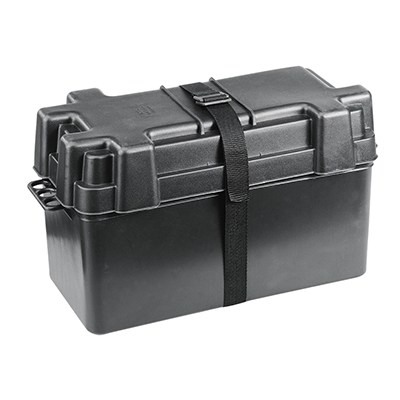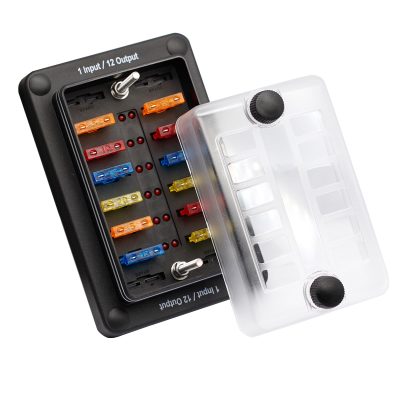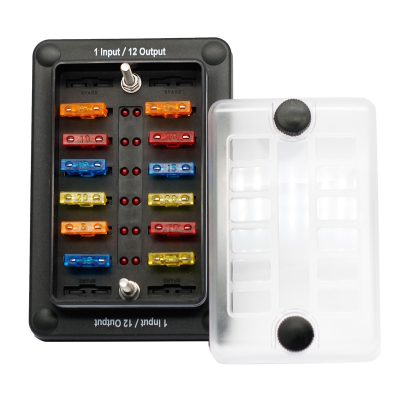Innovative Battery Solutions for Solar Vehicle Energy Management and Compatibility
News 2025-10-20
Solar-powered cars represent a significant advancement in sustainable transportation, relying heavily on efficient energy storage systems. The battery box plays a crucial role in ensuring compatibility between solar panels and energy storage units, addressing key challenges like voltage fluctuations and integration issues. This component not only safeguards the vehicle’s energy system but also enhances overall performance by optimizing energy flow. As the adoption of solar vehicles grows, understanding battery box compatibility becomes essential for manufacturers and users alike, promoting reliable and eco-friendly mobility solutions.

Application Scenarios
Solar-powered cars find diverse applications, from urban commuting to long-distance travel. In city environments, battery boxes with high compatibility handle frequent stop-start cycles and variable solar input, ensuring consistent power delivery. For instance, in ride-sharing fleets, these systems integrate seamlessly with regenerative braking and grid charging, extending vehicle range. In remote areas, such as off-grid adventures, the battery box’s ability to pair with various solar arrays and storage tech maintains energy reliability, making solar cars viable for exploration and emergency services. This versatility underscores the battery box’s role in adapting to real-world demands, boosting adoption in both consumer and commercial sectors.
Performance Advantages
The battery box for solar-powered cars offers superior performance through advanced features that enhance energy efficiency and durability. Key benefits include rapid charging capabilities and minimal energy loss, achieved via intelligent management systems that monitor and balance power distribution. Materials like reinforced composites provide resistance to environmental factors, ensuring longevity in harsh conditions. Compared to standard batteries, these units deliver higher energy density, allowing for lighter vehicle designs without compromising range. Such advantages not only improve fuel economy but also reduce maintenance costs, making solar cars more attractive for everyday use and contributing to lower carbon emissions in the automotive industry.
Frequently Asked Questions
1. What factors affect battery box compatibility in solar cars?
It depends on voltage ratings, connector types, and software protocols, ensuring seamless integration with diverse solar components.
2. How does the battery box enhance energy storage efficiency?
By incorporating smart controls that minimize heat buildup and optimize charge cycles, leading to better energy retention and usage.
3. What maintenance is required for these battery boxes?
Regular checks for connections and firmware updates are sufficient, with designs that resist corrosion for extended service life.


